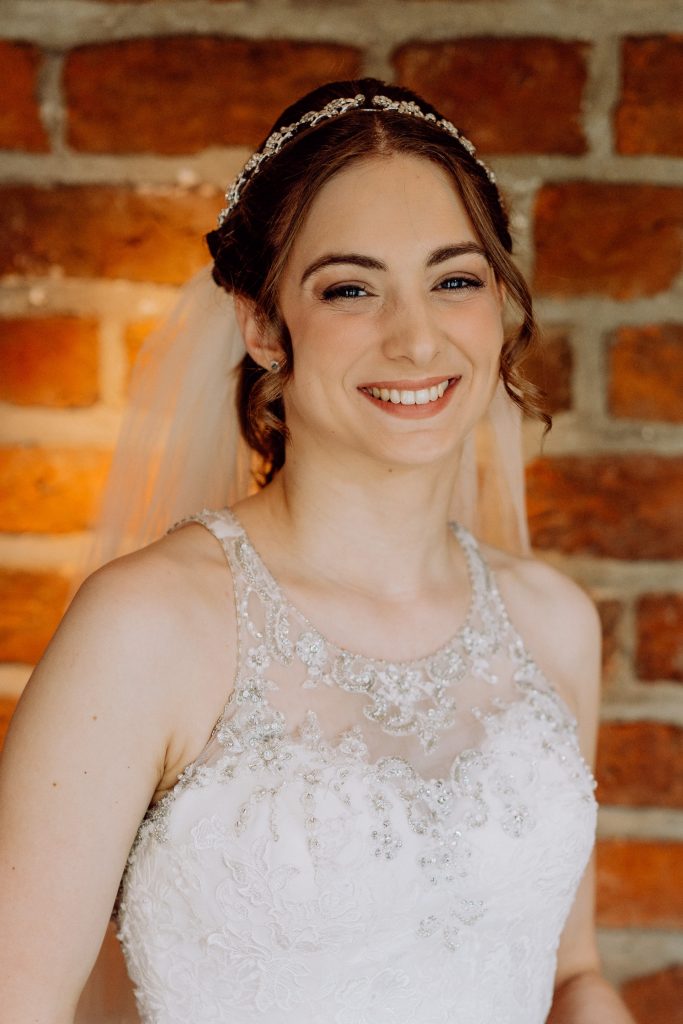I got married this summer. It was a small (by my standards) affair, yet an enormous effort to plan and coordinate for me and my family. It might seem thankless then to, as part of the events, literally sign away the name that represents that same family. Why did I do it? While I personally never had doubts about my intentions, a part of me feels like I owe several people an explanation.
These people include the kind, but insistent baby boomer at the DMV who made me aware that women changing their last name is antiquated (however, the Pew Research Center indicates the tradition remains popular). My husband, one of my biggest supporters, has also curiously questioned my decision, especially as he watches me navigate the solo journey of updating my many documents and accounts.
I also recently realized, in a conversation with a fellow married woman PhD student, that I will be a data point for any women scientists with which I will come into contact in the future. Certainly, I myself considered the many examples of women I know in and adjacent to my field – the changed, the unchanged, even the hyphenated. It is therefore the scientific community that I want to address briefly with a couple of my thoughts.
First, I will lead with the short and uninteresting reason for my decision: I changed my legal/private name for any future children. My thought process was simple; I grew up thinking of my parents, myself, and my siblings as a family unit. We all shared the same name, thanks to my mother’s own sacrifice. This was symbolic of our unity, and I desire the same for any children with which we may be blessed.
Simultaneously, I decided to keep my maiden name as my scientific/public name. Practically, I have already published under “Hagen”, and, to my knowledge, there is no perfect system for keeping track of name changes in your research record (I have heard of efforts with ORCiD and Google Scholar, but I remain unconvinced). Most married women scientists I know changed their name before any publications, but there are also many exceptions to this. So maybe what remains is a prideful reason: my research is my accomplishment, not my husband’s, and I do not yet feel like his name is truly my own.
In practice, this duality is easy for me to understand but poses a challenge when booking conference travel and for university administration in general. I thank our office staff for handling a recent panicked and heavily annotated email with a lot of grace and successfully – and separately! – reserving flights and conference registration. In addition, my paycheck must be addressed to my legal name, but I would like my emails to come from my maiden name. Overall, it is not as easy as I initially thought and I now have to maintain both for university purposes.
This small topic makes me consider other “tricky” situations for women in the sciences trying to also fully live out their womanhood (and potential motherhood). Although I do not want to undermine the openness and support of my university, local and global colleagues, anecdotally, the prospect of having children remains a challenge for women scientists (PhD student or otherwise). Our experience of parenthood will always be fundamentally different from that of fatherhood for our male peers: Again, anecdotally, most PhD student fathers have wives who are not in our line of work.
While I am optimistic about the future, thanks to the many wonderful people with whom I have the privilege of working, I know that I will continue to struggle at times with how to live out my femininity at work. With the attached picture, I dare myself to see a woman with a veil as the same capable and hard-working scientist I strive to be every day.
